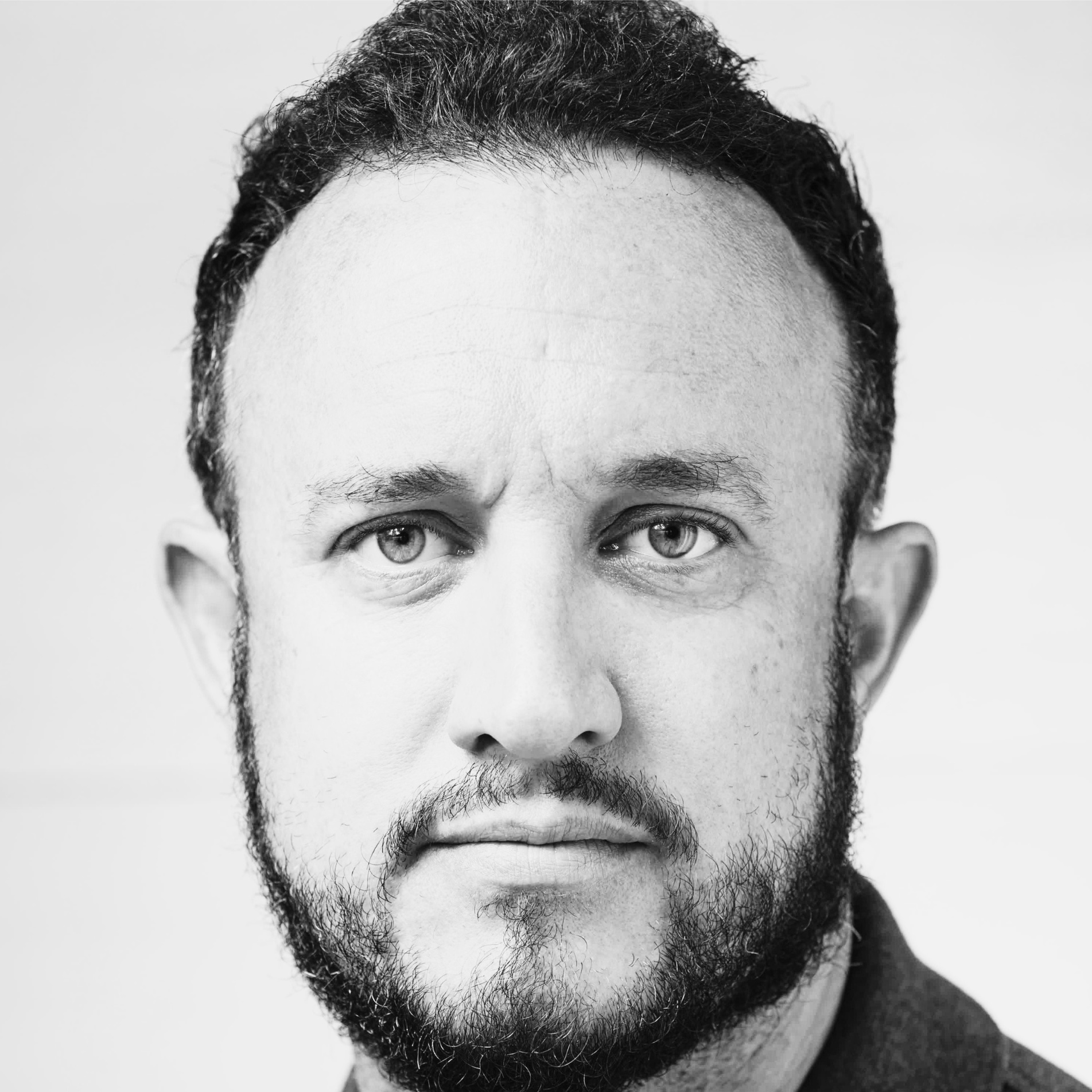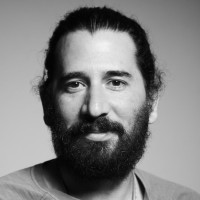The
Shift from
Knowledge
Work
to
Direction
Work
The worst piece of advice you could give today to a college freshman hoping to work in tech is to tell them to major in computer science, math, or engineering. Same for coding, which is about to go from being a surefire way into the industry to immaterial.
Automation has been replacing manual labor for decades and now artificial intelligence is ready to take over the bulk of knowledge work. We are on the precipice of a great shift that will drastically change which workers will be the most valuable recruits.
Knowledge workers who, at the turn of the century, were described as the most important workers within a modern, thriving organization, will be replaced by what we’re calling direction workers. The evolution in technology isn’t so much going to eliminate high-end human jobs, it’s going to change what high-end human jobs look like and require.
But the shifts in these sectors do not just show AI replacing human skills. They show a need for a new kind of human skill set. This is where the direction worker comes in.
For the last 60 years, knowledge work has been used to describe a kind of intellectual work that demands a high degree of specialization or training, and the ability to perform non-routine tasks like problem-solving, analysis, decision-making, and the creation of new information. Knowledge workers were the upper crust of all white-collar workers: financial analysts, architects, lawyers, data scientists, and engineers.
That was before.
Across many disciplines, knowledge work is already being replaced. In the financial sector, AI systems are able to analyze vast amounts of data and make sophisticated investment decisions. In healthcare, AI systems are able to diagnose medical conditions and recommend treatments with a high degree of accuracy. AI systems don’t take days off; they do not call in sick. They can work 24 hours a day.
But the shifts in these sectors do not just show AI replacing human skills. They show a need for a new kind of human skill set. This is where the direction worker comes in.
I use “direction” not so much to convey the management work of a director in a company but more to refer to the literal act of directing, as in instructing or conducting. It could just as easily be called “Instruction Work.”
The image of an orchestra conductor comes to mind, expertly guiding musicians and instruments to produce the right sound. The image of a NASCAR driver may even be more appropriate. The engine may be beautiful, but it won’t win the race without the expertise, the direction, of its driver.
In finance just as in healthcare, human workers are needed to provide direction to AI systems even as they are no longer required to crunch the data themselves. On the tail end, human workers also need to evaluate the results, use critical, lateral thinking, and offer follow-up instructions.
Ferenc Huszár, a machine learning professor at the University of Cambridge, tweeted last year that the current version of OpenAI’s large language model, ChatGPT, would be a good teaching tool in mathematics, precisely because its answers are sometimes wrong. “Give it a problem, it generates convincing-looking but potentially bullsh*t answer, ask the student if they are convinced by the response,” he wrote.
What Huszár is suggesting here to me is not just teaching students to simply produce an accurate answer, but to develop an ability to go past the appearance of a fact and, with a critical eye, evaluate whether it is indeed accurate. If it isn’t, that eye needs to figure out why not, edit the original question, and do it all over again.

As systems progress, there may be less need for correction and editing, but the need for direction will not disappear. Ever-improving technologies will only call for more excellent direction.
Where to find and how to train these direction workers then becomes the question.
I am not sold on telling young people to just go to business school. Sure, we need a good generation of leaders who understand how to manage this new landscape, but more than managers we need critical thinkers who can ask the right questions, look for blind spots, understand connections, and have the creativity and humility to rethink the problem at its end and its base.
Direction workers are likely going to be people who can juggle different skill sets all at once: dual majors in math and anthropology PhDs who have trained quantitatively and qualitatively, journalism majors who work with Python, law school graduates willing to engage with the practicalities of coding and ethics. In short, we are going to need what David Epstein called “generalists” in his best-selling book, Range.
Realizing that to be competitive in the marketplace in the next ten years is going to look totally different than it did in the last ten is not just something young professionals need to do. Those of us in business should also be paying attention: The biggest cost to businesses over the next decade will be hiring the wrong people with the wrong skill sets.
As Max Penk put it in a post on LinkedIn earlier this year:
“Good news: AI will not replace you. Bad news: a person using AI will.”
Do you agree with this?
Do you disagree or have a completely different perspective?
We’d love to know

